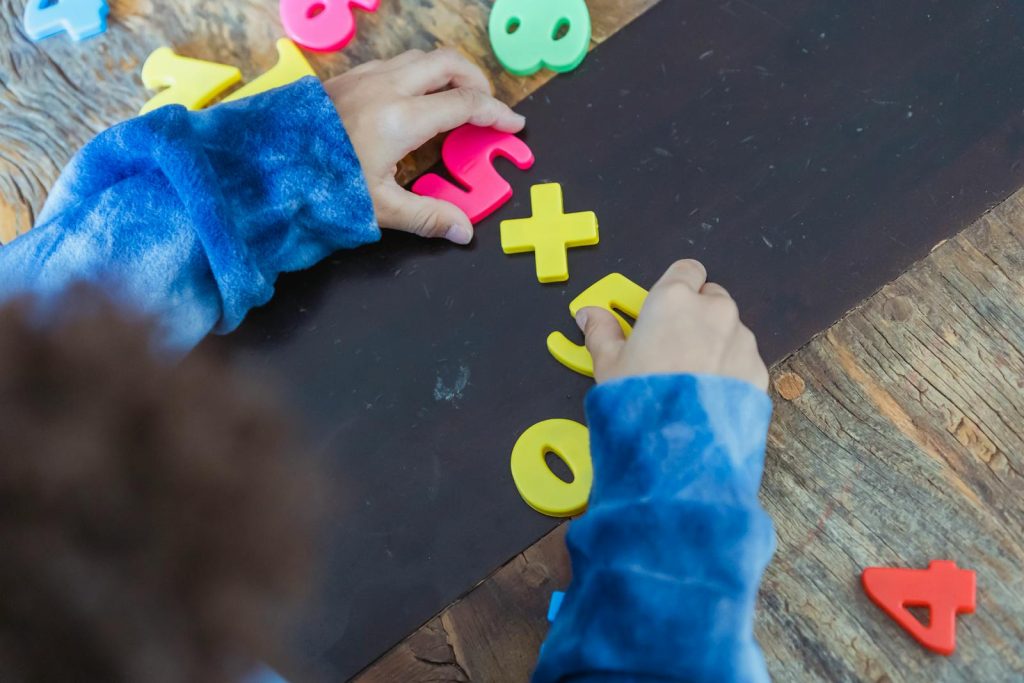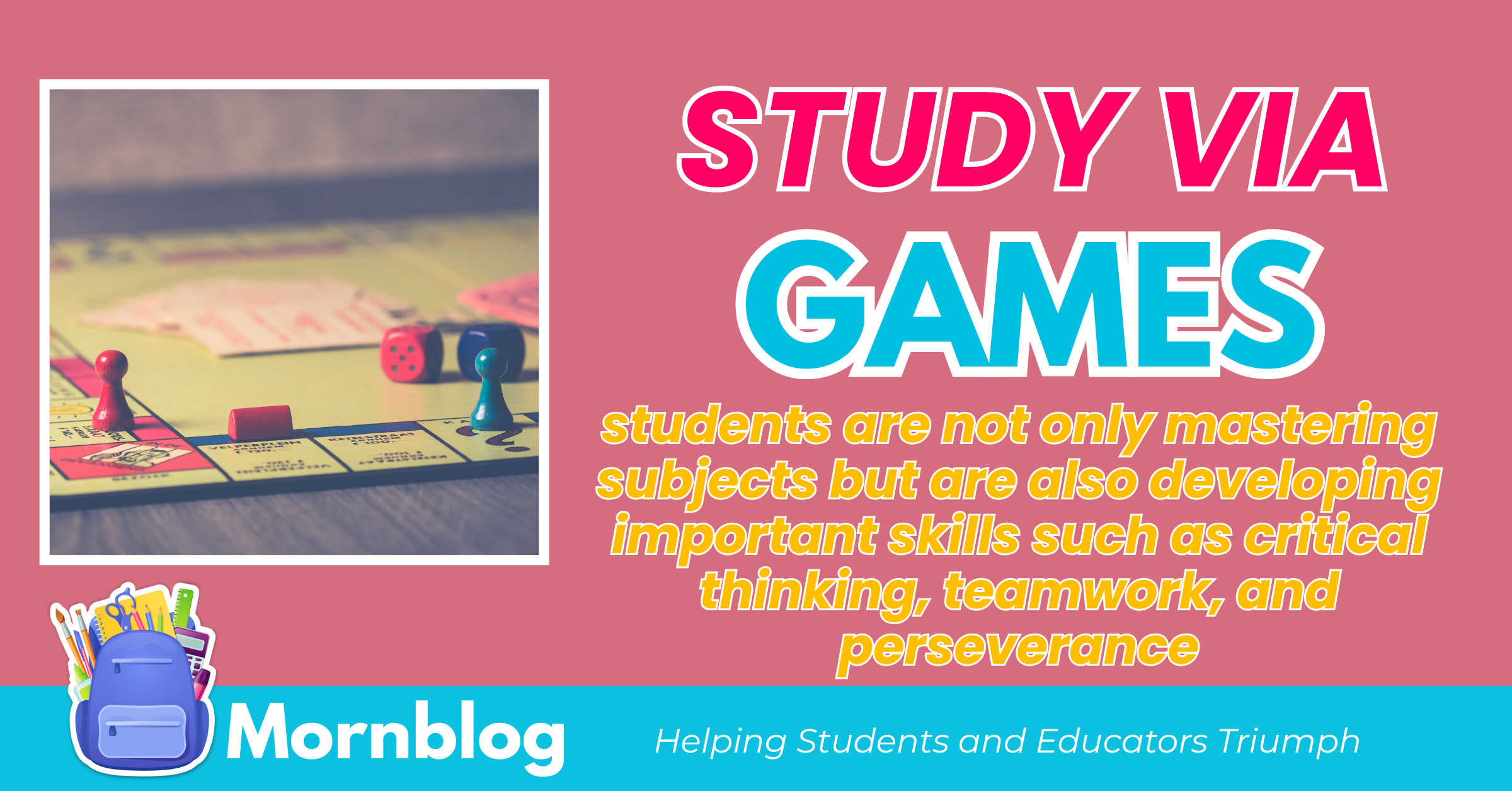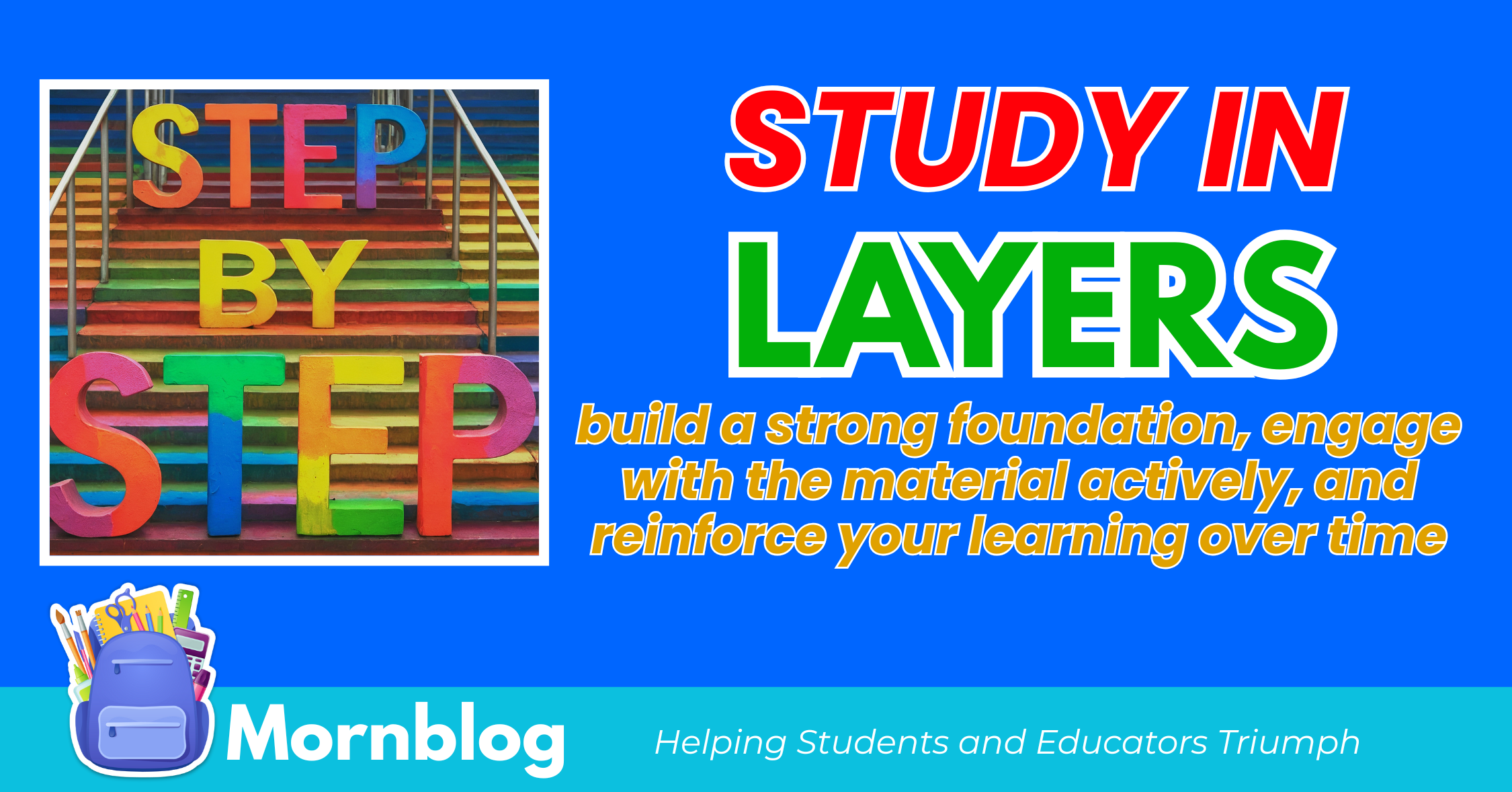7 Turbo-charge Advantages of Learning Lessons and Topics Through Games, and Why We Recommend It
Playing is often considered a pastime because it brings great joy, especially to young people who play online games and other similar activities. There are insanely great advantages of learning lessons and topics through games.
But did you know that incorporating lessons into games can help students enjoy learning more, making their study experience not only enjoyable but also educational?
By merging play with education, students can learn more efficiently while having fun.
Table of Contents
Learning through Play
Today, educational games have become an effective method for learning new concepts. These games provide an opportunity to make the learning process easier and more engaging.
Instead of forcing themselves to memorize information, students learn through interactive activities that help them understand concepts in a more natural way.
This kind of learning-by-doing approach helps broaden their knowledge and skills. By engaging with lessons through play, students can absorb material in a more enjoyable and meaningful way, creating stronger connections with the content they are learning.
Focus and Engagement
Playing educational games can also improve students’ focus and concentration. Because of the interactive nature of the games, students become more immersed in their lessons.
Rather than losing interest, the game presents challenges that spark their curiosity and encourage them to keep learning.
Having clear goals and a reward system helps maintain their attention and makes the learning process smoother and more efficient.
This active engagement leads to better retention of knowledge and a deeper understanding of the material.

Collaborative Learning through Games
Games are also a great way to learn the importance of teamwork and collaboration.
Some educational games require a team-based approach, where students must work together to achieve a common goal.
This type of game helps expand students’ skills in communication, idea-sharing, and strategy planning.
Being part of a team strengthens their ability to interact with others and enhances their relationships with peers. It teaches them valuable lessons about cooperation and how to work with others to solve problems.
Adaptive Learning and Personalization
Another advantage of educational games is their adaptability. Many games are designed to adjust to the skill level of the player, providing personalized learning experiences.
As students progress, the difficulty of tasks increases, offering them a continuous challenge.
This personalized approach helps ensure that learners are neither bored by tasks that are too easy nor overwhelmed by those that are too difficult.
Adaptive learning creates a tailored experience that encourages steady improvement while keeping students engaged and motivated.

Increased Retention and Long-term Learning
Educational games are also proven to improve long-term retention of knowledge. Because the material is presented in a fun and engaging way, students are more likely to remember it.
Repetition within a game, especially through various levels or missions, reinforces key concepts and ensures they stick.
When students actively engage with content, they’re not just memorizing facts—they’re practicing critical thinking and problem-solving skills that will help them retain and apply knowledge in the future.
Creating a Lifelong Love for Learning
Ultimately, integrating games into the learning process can foster a lifelong love for learning.
When students experience the joy of discovering new information in a fun and interactive way, they’re more likely to seek out knowledge beyond the classroom.
The sense of achievement gained from completing challenges or mastering levels can translate into a positive attitude toward continuous learning.
Whether it’s solving a complex puzzle or successfully finishing a difficult level, students come to view learning as an exciting and rewarding journey.
Conclusion
By making education feel more like a game, we can transform the way students approach learning. Turning it into an adventure rather than a task.
Through play, students are not only mastering subjects but are also developing important skills such as critical thinking, teamwork, and perseverance.
As we continue to integrate technology and creativity into education, we can expect learning to become an increasingly engaging and enjoyable experience for students of all ages.
“Education is not the filling of a pail, but the lighting of a fire.”
-William Butler Yeats
School Hacks
Subscribe
Fresh insights and exclusive perks delivered straight to your inbox. Sign up now!






